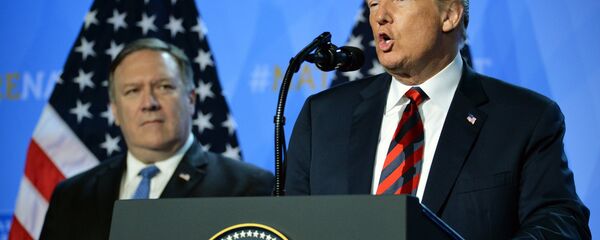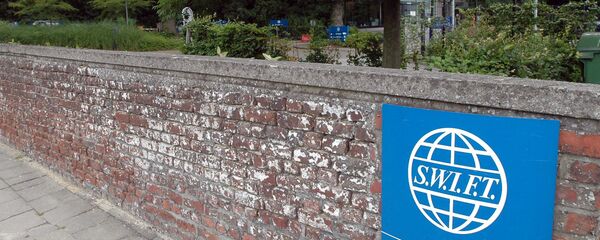Either France or Germany might become the host nation for the European clearing house, usually referred to as a "special purpose vehicle" (SPV) — a payment mechanism that would allow European companies to bypass US-imposed sanctions on Iran.
Iranian Deputy Foreign Minister Kazem Sajjadpour has already expressed his frustration at the pace with which the SPV is being set up, saying: "What is lacking is both speed and efficiency."
The SPV would serve as a barter exchange mechanism, using neither US dollars, nor monetary exchanges between EU nations and Iran. Instead, it would utilize "credits" as a form of virtual currency. An Iranian company selling goods to a European firm would accumulate "credits" that could be later used to buy other goods from a different European firm.
There are rumors that no European nation was willing to host the SPV, fearing further ramifications from the US. However, sources close to the process told the newspapers that candidates have come forward, and it is the discussion of the details that has stalled the establishment of the SPV.
For example, it is yet to be determined how a German company operating in the US would be able to avoid secondary sanctions for using the SPV. US Secretary of State Pompeo's recent announcement that some countries will receive temporary waivers from the sanctions further complicates the process.
So far, the US has appeared dismissive of the idea of the payment mechanism.
"We have not seen much, if any, demand for the SPV. We do not anticipate any significant corporation using a SPV," US Special Representative on Iran Brian Hook said.
Federica Mogherini, the EU's foreign affairs chief, said trade between Iran and the EU was "a fundamental aspect of the Iranian right to have an economic advantage in exchange for what they have done so far, which is being compliant with all their nuclear-related commitments."
The EU nations have opted to keep the deal in place and develop avenues that would allow Iran to trade with them, avoiding the sanctions.





